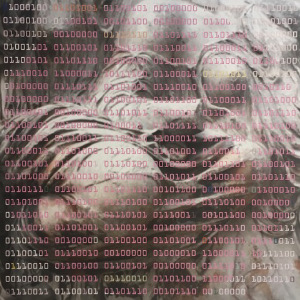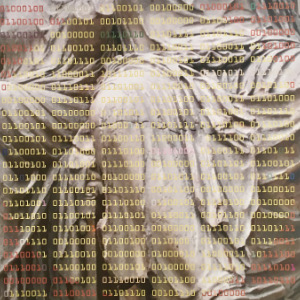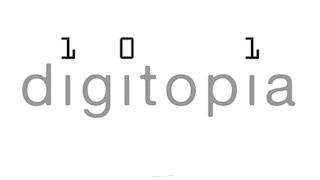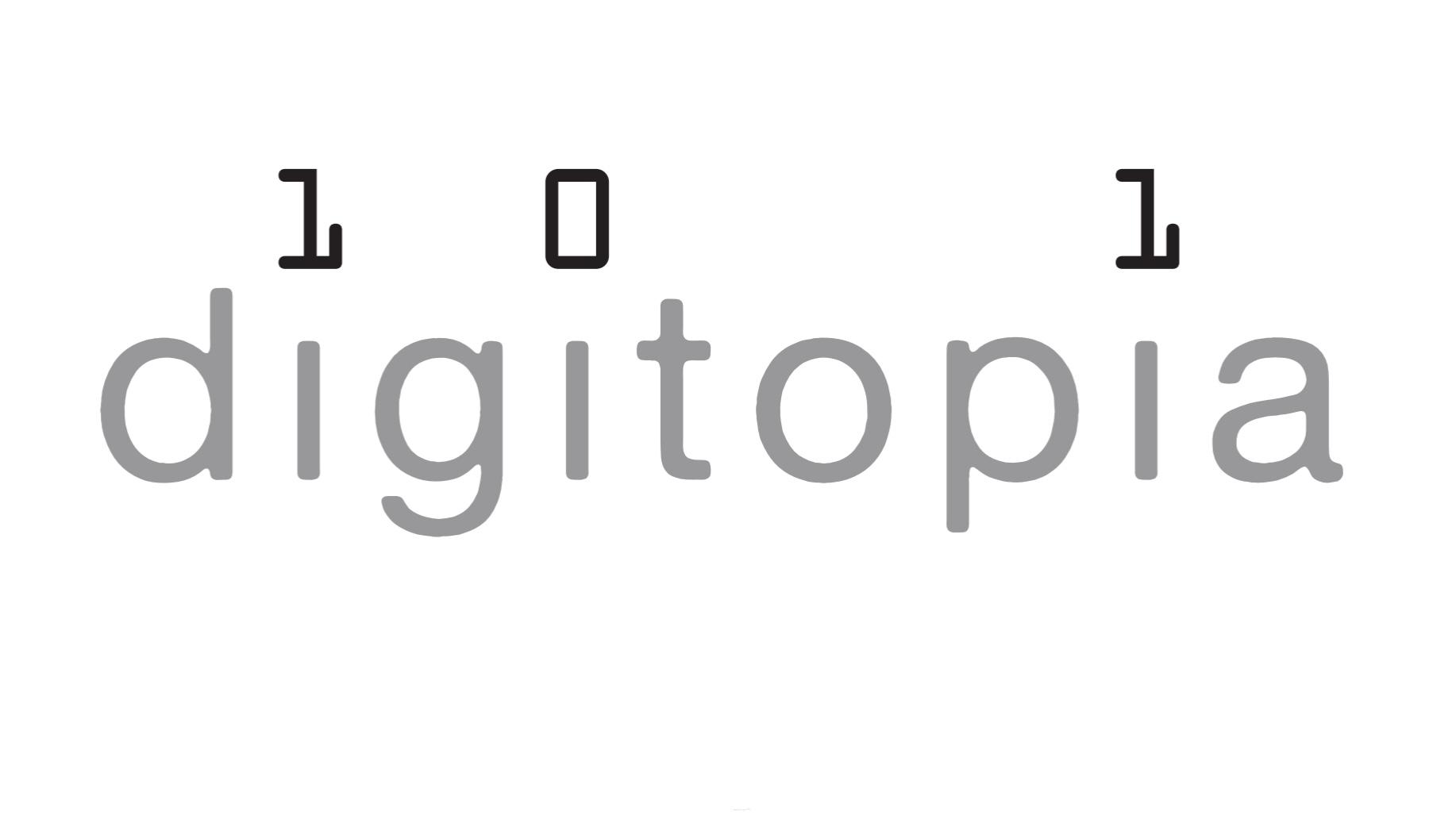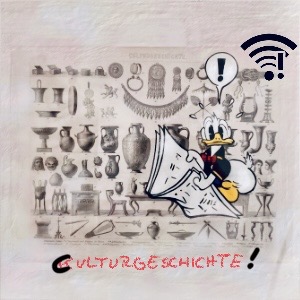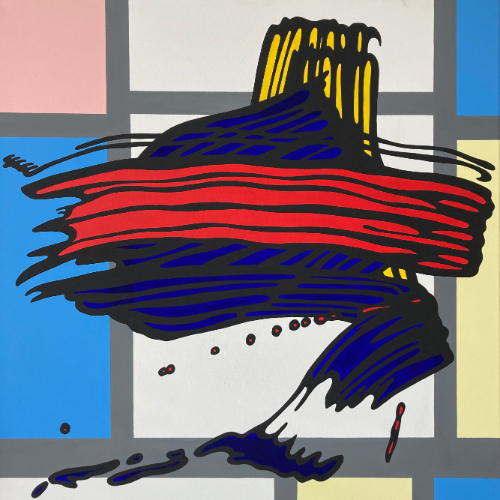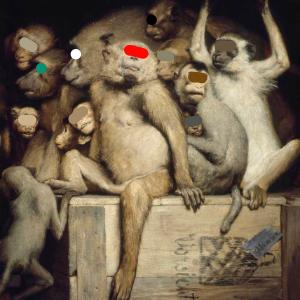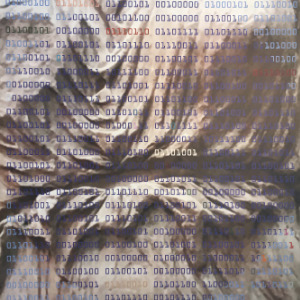
Relationship: human intelligence | artificial intelligence
The pivotal question of our times is the relationship of the human to artificial intelligence. Can human creativity be replaced by the computing power of machines?
Does man destroy the driving forces of his creativity and thus his curiosity by humbly submitting himself to the increasing power of supercomputers? The Parthenon in Athens is one of the most impressive examples of human creativity. It is an enduring symbol of the question, who are our gods? The images show fragments of the temple from the British museum in London, the so-called Elgin Marbles. They are backed by the sentence of Homer’s Iliad in binary code: The earth, crushed by men who no longer know the fear of God, asks Zeus to deliver them from this burden. In Athens, the plundered temple of the virgin Goddess of Wisdom is still standing as a ruin endangered by man made environmental influences. It reminds us that man has created his gods to protect himself from himself and his hubris. Now, has man created computing machines as his new gods?
The binary code as a machine language is based on the hard and simple logic of true and false, 0 and 1. Can the computational power of these machines ever be used to calculate the innumerable shades of the human condition? Will the computing power or the few people who control these computers interpret the world? Are they our new gods? Historically one distinguished between true belief and superstition. True belief empowered people. Superstition made them fearful and unfree. Are we now afraid of the presumed uncontrollable powers of super computers?
